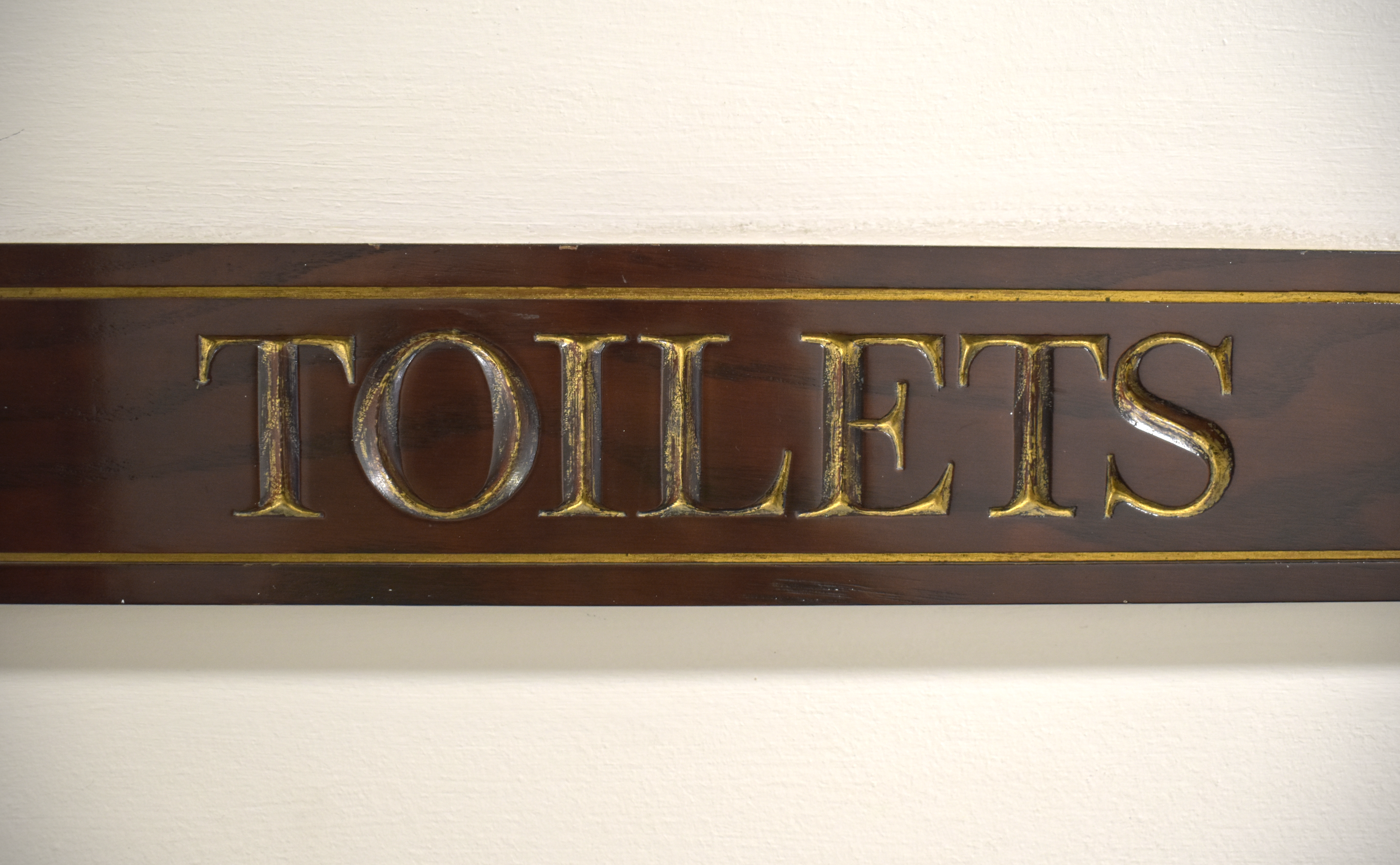If I had a dime for each time a friend asked “you don’t need to go to the bathroom?” on a night out, I’d have … well, I guess I’d have no dimes, because, as most college students will vouch, once the seal has been broken (as it is commonly coined), there’s no going back (except to the bathroom for the rest of the night of course). A night out can quickly become less fun if you feel like you’re in the bathroom peeing the whole time. So why do we need to urinate excessively after drinking alcohol?
The urinary tract is made up of your kidneys, ureters, bladder, and urethra. The kidneys produce urine, which travels through tubes called ureters into the bladder. When the bladder is full, it sends a signal to your brain alerting it, preparing for urine to exit the body via the urethra, and the bladder is ready to fill up once again. While it’s possible to hold your urine, there is no actual seal involved in your urinary tract. “Breaking the seal” is a myth that once a person urinates for the first time while drinking alcohol, they have broken the seal and will now have to urinate repeatedly as a result. However there is no urinary seal, and peeing after you’ve started drinking won’t make you have to go any more or less in the coming hours.
Resisting the urge to urinate won’t make a difference in how much you need to pee, and it can also be harmful. Repeatedly holding in your urine can increase your risk of urinary tract infections (UTIs), which can make you feel like you need to pee even when you don’t. Nonetheless, a person will indeed have to urinate more often when drinking alcohol. There are a few factors at play for why you can feel the need to pee more when you drink alcohol versus when you drink the same amount of water.
Kidneys regulate the amount of water in one’s body by monitoring the plasma osmolality of your blood. Osmolality indicates the concentration of all the particles dissolved in body fluid, by measuring the body’s electrolyte-water balance. It describes the ratio of particles in blood to fluid — if there is more fluid than particles, kidneys tell the body to release more urine, and conversely, when there are more particles than fluid, the kidneys hold onto fluid, and you may not feel the urge to pee. Because alcohol is a liquid, it tips the osmolality in favour of more fluid. As a result, you’ll ultimately pee out the equivalent of what you drink (which is probably more than one pint within the hour).
Additionally, alcohol is a diuretic. A diuretic is any substance that promotes diuresis — the increased production of urine — as well as an increased urine flow rate. Drinking alcohol inhibits the body’s release of the hormone vasopressin, also commonly referred to as antidiuretic hormone (ADH). The brain signals the release of ADH in response to an increase in particles over fluids (osmolality). ADH then indicates to the kidneys that the water should be held onto.
When people drink high quantities of alcohol, it can cause the kidneys to filter more fluids and get rid of them by making the body urinate more frequently. However, when this is suppressed, alcohol can make the kidneys release more water, resulting in a dehydrating effect on your body that will ultimately make you urinate more than usual. The extra urine comes from the liquid you’re taking in, plus your body’s fluid reserves. This depletion of fluid reserves is how alcohol causes dehydration and is partly to blame for hangovers. Essentially, without vasopressin the bladder fills up more rapidly, causing frequent urination.
It is critical to be mindful of hydration levels when drinking. If a person does not drink enough water with alcohol, they can become dehydrated very quickly. It is possible to stay hydrated when drinking alcohol by drinking at least one glass of water for each serving of alcohol. Generally, the diuretic effect of alcohol lasts up to four hours, but this may vary depending on the type of alcoholic beverage a person consumes.
Certain factors affect how often we may have to urinate as a result of alcohol. A stronger alcohol strength may result in more frequent urination — cocktails and liquors may induce the irritating urge to pee to a greater extent than a pint. Furthermore, how often you may drink alcohol (your alcohol tolerance) may play a role — when a person consumes alcohol quite frequently, the body becomes accustomed to the presence of alcohol, and thus over time, the alcohol will have a lower diuretic effect. Many studies have also found that those who were slightly less hydrated before drinking alcohol urinated less than their counterparts who were hydrated, even when drinking the same quantities of alcohol. Essentially, consuming alcohol in moderation and drinking alcoholic beverages with lower amounts of alcohol may be the only ways to prevent urinating so much when drinking (perhaps not the best advice for the first month back in college!).
So don’t beat yourself up if you can never beat the ‘‘constantly needs to go to the bathroom on a night out’’ allegations. Science has got your back on this one. Go out, and go out fearlessly (not that that was stopping any of us anyways), just prepare for a night that is fated to be spent as long in the bathroom as in the club. It happens to the best of us.






